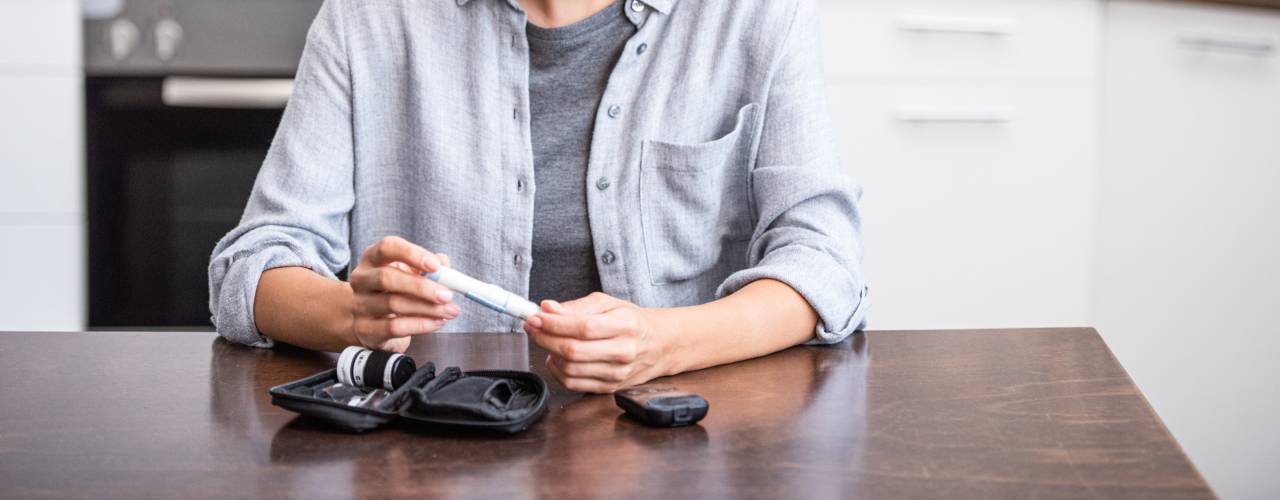Living with diabetes requires a certain level of preparedness at all times. Whether you’re newly diagnosed or have been managing diabetes for years, ensuring you have the right medical essentials can make daily life safer and more comfortable. Explore key diabetes medical necessities and enhance your life and health by keeping them on hand.
1. Blood Glucose Monitoring Kit
One of the cornerstones of diabetes management is the blood glucose monitoring kit. Regularly checking your blood sugar levels helps you make informed decisions about food, activity, and medication. A complete kit typically includes a glucometer, test strips, lancets, and a logbook or app to record readings.
You should use blood glucose monitors at various times throughout the day, such as before meals, before and after exercise, and before bed, to effectively manage diabetes. With a compact and travelable monitor on hand, you can maintain blood sugar levels within a target range, regardless of your daily activities or changes in routine.
2. Insulin & Injection Supplies
For those who require insulin, having an adequate supply is non-negotiable. In addition to your insulin, essential supplies include insulin pens or syringes, pen needles, and a cooling case to keep insulin at the correct temperature, especially when traveling. It’s also a good practice to have a backup plan in place should your primary method of insulin delivery fail.
Vials and Syringes
A traditional injection method involves drawing insulin from a vial using a syringe.
Insulin Pens
Pre-filled pens are convenient for dosing insulin without the need for separate vials and syringes. These pens are portable and user-friendly.
Insulin Pump Supplies
Insulin pumps deliver continuous insulin through a catheter placed under the skin. Supplies include the pump, infusion sets, reservoirs or cartridges, and batteries.
3. Hypoglycemia Treatment
Hypoglycemia, or low blood sugar, can occur suddenly and can be dangerous if not treated promptly. Always carry fast-acting glucose sources, such as glucose tablets, gels, or even candy, that can quickly raise your blood sugar levels. You should also have a glucagon kit as an emergency treatment for severe hypoglycemia, especially if you’re insulin-dependent.
4. Medical ID Bracelets
A medical ID bracelet is a small tool that can make a big difference in an emergency. It should include your diabetes type, whether you take insulin, and a contact number in case of an emergency. Diabetes medical alert jewelry is a simple accessory that can speak for you when you can’t, ensuring you receive appropriate care quickly.
Managing diabetes effectively requires attention to detail, planning, and a proactive approach to health. By keeping these diabetes medical essentials readily available, you can enjoy greater freedom, safety, and peace of mind.






